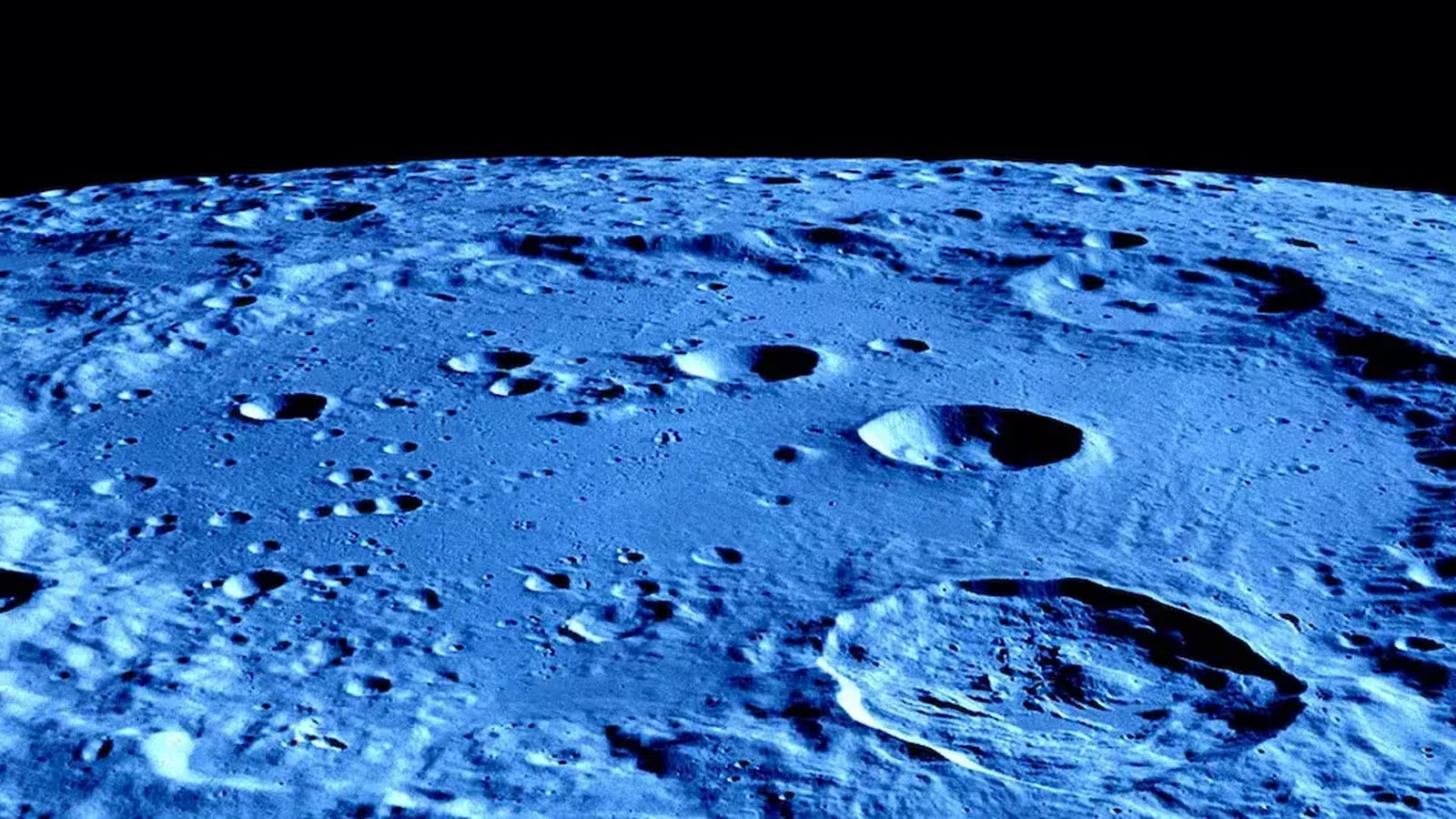3 Minutes
The Moon: A Treasure Trove of Precious Metals
A groundbreaking new study indicates that the Moon may contain over $1 trillion worth of platinum just beneath its cratered surface. According to research published in the journal Planetary and Space Science, a significant portion of lunar craters—especially those formed by ancient asteroid impacts—could harbor commercially valuable deposits of platinum, palladium, iridium, and other rare metals. These findings shed light on the Moon’s potential as a future hub for space resource extraction and lunar mining initiatives.
Scientific Context: Tracing Platinum to Lunar Impacts
Research led by independent astrophysicist Jayanth Chennamangalam, joined by collaborators, analyzed the structure and origin of the Moon’s approximately 1.3 million craters with diameters exceeding 1 kilometer (0.6 miles). Their study identified that nearly 6,500 of these craters likely resulted from asteroid collisions involving objects rich in valuable metals. Over millennia, these asteroid remnants became embedded in the lunar regolith, making craters prime candidates for future platinum group metals exploration.
Chennamangalam highlights a striking potential: “There may actually be more ore-bearing craters on the Moon than are available on near-Earth asteroids,” a prospect that could vastly simplify the logistics compared to distant asteroid mining. Unlike small asteroids with minimal gravity, lunar craters offer stable surfaces conducive to automated mining operations and resource retrieval technologies.
Economic and Scientific Implications of Lunar Mining
While the enormous financial value of platinum and associated metals presents a lucrative opportunity, Chennamangalam and other researchers see broader benefits. Proceeds from lunar resource extraction could fund deeper space exploration and accelerate the expansion of off-world industries. Currently, much of astronomical research depends on government funding—often at the whim of shifting policies and budgets. Chennamangalam notes, “If we can monetize space resources—whether from the Moon or asteroids—private investment in solar system exploration could surge.”
Legal Challenges and the Lunar Gold Rush
Despite the tantalizing prospects, extracting resources from the Moon remains fraught with legal ambiguity. The Outer Space Treaty of 1967, the cornerstone of international space law, prevents any government from claiming territorial ownership of the Moon or other celestial bodies. However, experts point out that these rules leave room for interpretation about resource utilization rights. In 2020, the United States introduced the Artemis Accords, a voluntary framework to guide lunar resource activities, but significant spacefaring nations like China and Russia have yet to endorse these guidelines, further complicating efforts toward global consensus.
With nations and private enterprises eyeing the economic windfall, the race for lunar resources is accelerating. The outcome could be determined by technological prowess and diplomatic negotiations before the end of the decade, especially as nations like the US and China advance their lunar exploration agendas.
Conclusion
The revelation that the Moon may contain vast platinum reserves marks a turning point in discussions about lunar exploration and commercialization. As technological advancements make lunar mining increasingly feasible, questions of international governance, economic equity, and sustainable development will move to center stage. This new era of lunar resource prospecting could not only revolutionize space industry but also redefine humanity’s relationship with Earth’s nearest neighbor.
Source: futurism



Comments